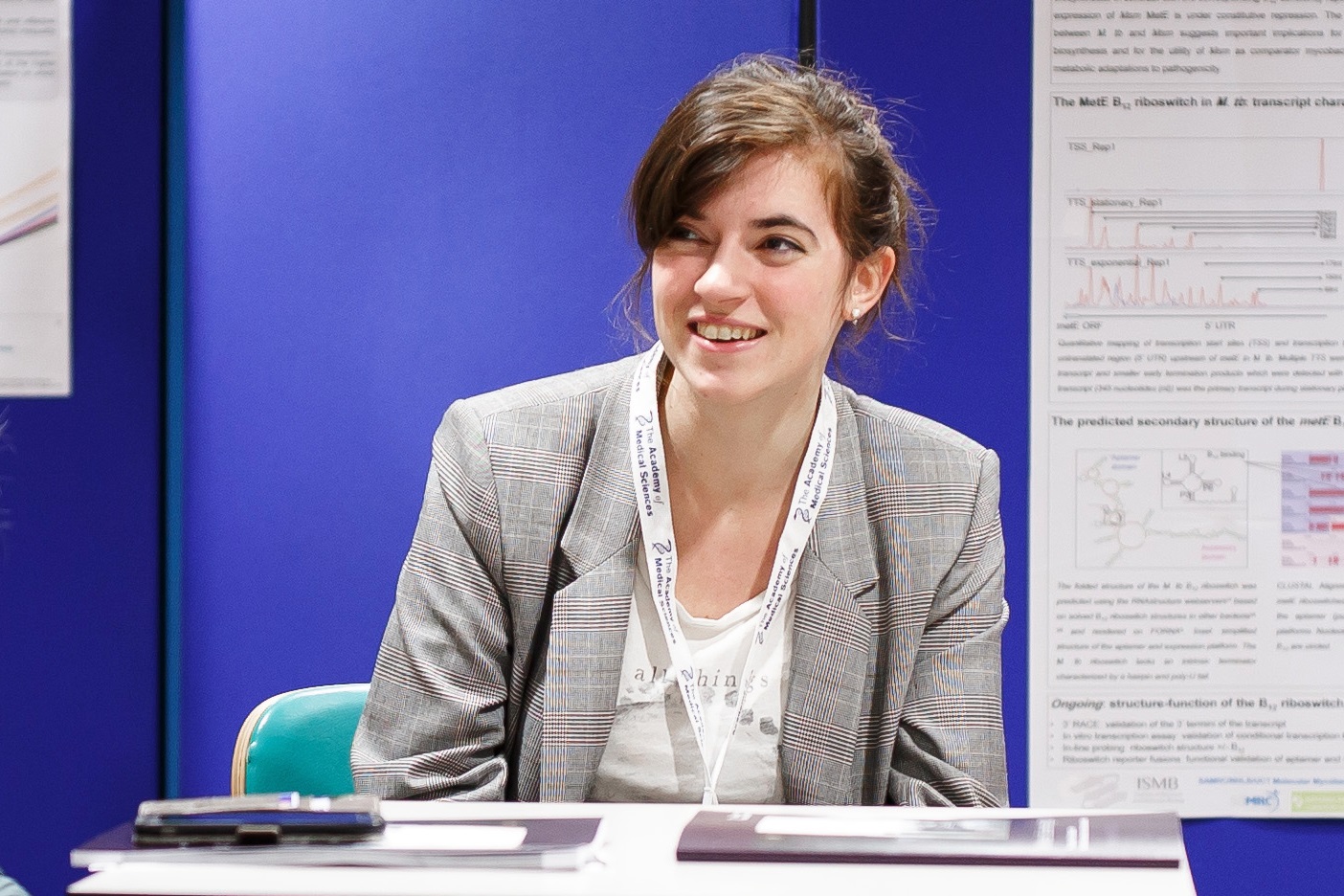Five things we learnt about inclusive events



Academy of Medical Sciences
1. Good planning pays off
The 2019 Equality, Diversity and Inclusion in Science and Health (EDIS) symposium was two years in the making. We learnt that Lilly, the EDIS Programme Manager, had been consulting staff groups such as the LGBT Network of Networks and the National Association of Disabled Staff Networks for months ahead of the event itself, working out what people need to feel fully welcome and able to participate. The success of the EDIS symposium is both a demonstration of what can be done, and a challenge to put more time and planning into our own events.
2. Who’s in the room?
“A quick glance round the audience suggested that there were a lot more women than men attending the symposium. It is important diversity does not become pigeonholed as a ‘women’s’ issue as Athena SWAN often appears to have become – inclusivity and diversity are so much more than this!”
Professor Philippa Saunders FRSE FMedSci, Registrar, Academy of Medical Sciences
Our organisation spends a lot of time and effort convening people for meetings. The EDIS symposium reminded us of the responsibility that comes with convening power and the importance of getting the right people in the room if you want to create change.
“For our policy events, we try and convene all the different stakeholders who need to be involved in the discussions. If you don’t have the right people in the room and make sure they’re ready to contribute, you won’t get the informed discussions that you need.”
Dr Claire Cope, Head of Policy, Academy of Medical Sciences
3. Our way isn’t the only way
We met a lot of new ideas for how to run events at the EDIS symposium. The way meetings are currently run in the scientific and policy community is just one way of doing things – there are other ways, and we can learn lots from other approaches if we remember to look beyond our bubble.
“It was the first meeting I have ever been to where we were discouraged from clapping but rather encouraged to use waved hands – I have never come across this idea before! I am not sure how well it worked but it definitely raised awareness of an under-appreciated issue.”
Professor Philippa Saunders FRSE FMedSci, Registrar, Academy of Medical Sciences

4. Just say it
We found it powerful to see how information about inclusivity was at the front of the EDIS symposium programme, not hidden away at the back or left unsaid.
Within this information, there were a lot of things that our organisation would probably handle similarly if someone raised it at an event. But the crucial difference was that EDIS stated these things outright, without being prompted. For instance, the programme included an explicit acknowledgement that autistic behaviours such as repetitive movements, fidgeting or avoiding eye contact are expected and accepted. It was written out in the programme that you can have a seat reserved in the front row, the back row or the aisle if you need this. Details of baby feeding facilities, prayer facilities and support for assistance dogs were all listed as standard.
Stating this information explicitly, and not relying on implicit assumptions or waiting for people to ask the question, takes very little effort and could make a big difference to someone’s experience of an event.
5. Better together
The symposium highlighted fantastic examples of how coming together can improve practice from a research context. For instance, given that 1 in 4 black men will get prostate cancer at some point in their lives, Naina Patel’s work at the Centre for BME Health in Leicester raising awareness with local domino groups is both necessary and important.
We can take the same approach to improving practice in an event context – we will do better, and go further, if we work together. On that basis, we’ve been bringing staff together to think about inclusive events with support from EDIS. We’re planning to make event checklists to help staff plan inclusive events, and support staff (old and new) to work out the best ways to use and develop these processes. We’re also going to work with our Regional Champions to make sure that our events, wherever they happen, are more inclusive. Watch this space!
Melanie Etherton is a Communications Officer at the Academy of Medical Sciences. She writes and creates diverse content for the Academy, including profiles for work-life balance project www.medscilife.org, blogs, top tips articles, videos, social media and more. She also champions diversity and inclusion work at the Academy, as well as working on a range of Academy events.
